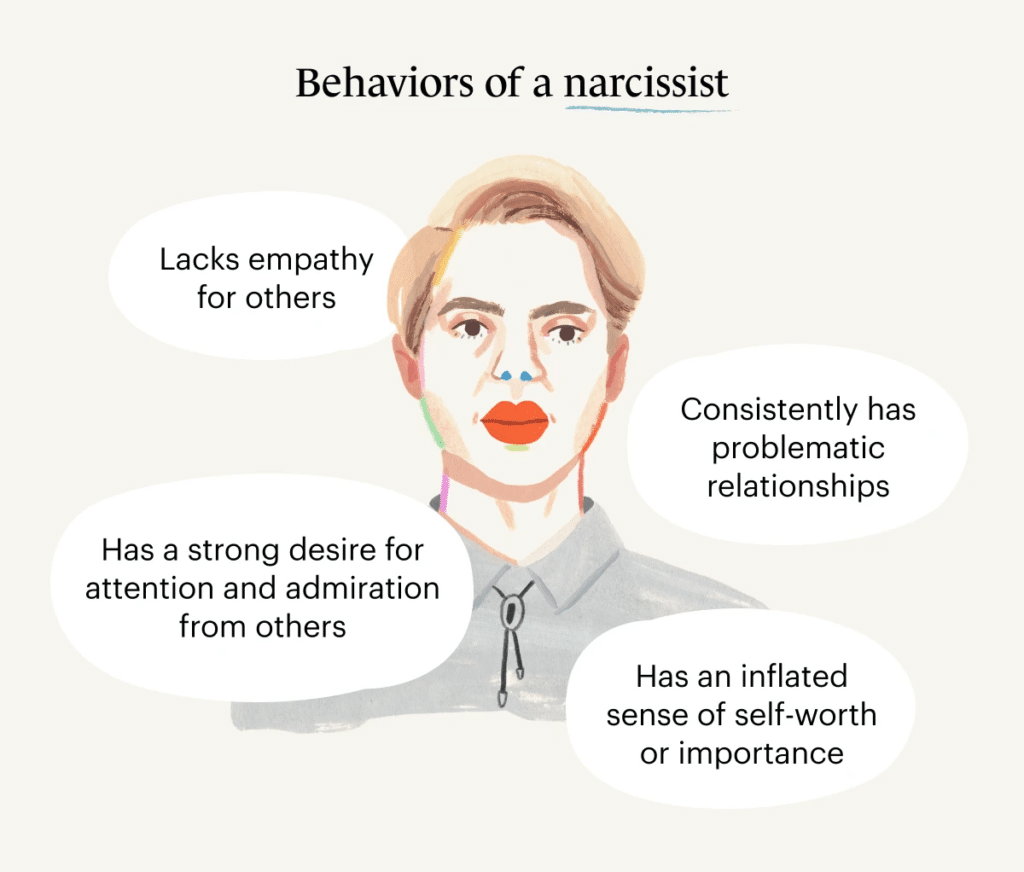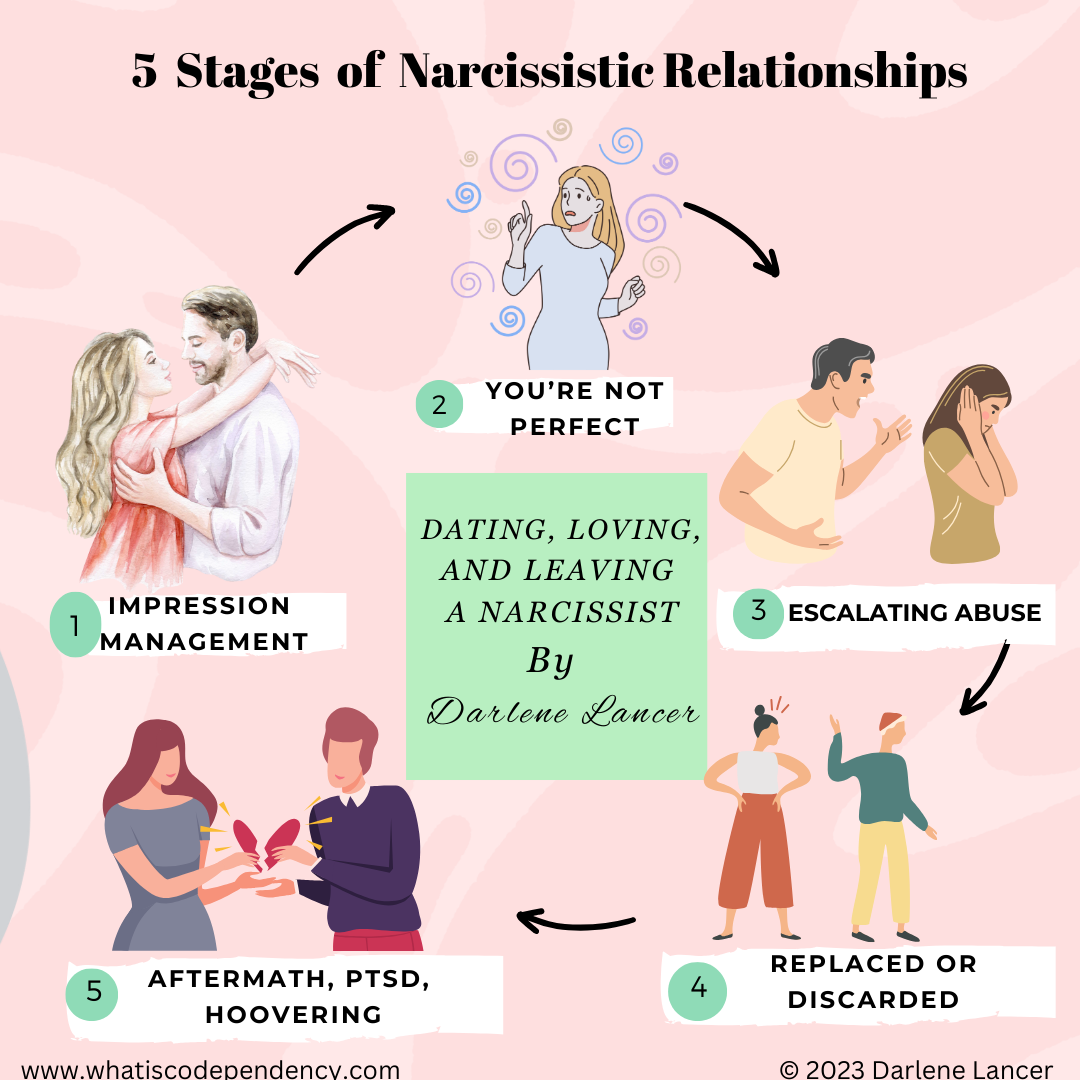Understanding The Narcissistic Stepmother: Signs, Impact, And Finding Peace
Detail Author:
- Name : Josefina Kozey II
- Username : will.rosalia
- Email : lynn91@mayer.com
- Birthdate : 1972-08-24
- Address : 524 Boyle Manors Apt. 359 East Tad, MS 31430
- Phone : 531-553-3884
- Company : Huel Ltd
- Job : Landscape Artist
- Bio : Amet dolorem nemo sit aspernatur totam animi sit. Sit qui perferendis dolores. Praesentium quidem praesentium ipsa fugiat.
Socials
tiktok:
- url : https://tiktok.com/@hodkiewicz2000
- username : hodkiewicz2000
- bio : Ex dolorem eos sapiente rem fugit ea labore.
- followers : 938
- following : 2436
linkedin:
- url : https://linkedin.com/in/steve_dev
- username : steve_dev
- bio : Provident qui sequi qui dolorem neque sed.
- followers : 230
- following : 630
Stepping into a new family can be a wonderful, enriching experience, a chance for everyone to grow and share life's moments. Yet, sometimes, it brings unexpected difficulties, especially when a parent marries someone who seems to put themselves first, always. This can be particularly tough when dealing with a narcissistic stepmother, a situation that, you know, can really shake up a home. It's a topic that, honestly, touches many lives, leaving families feeling a bit lost and unsure how to move forward.
When someone has a narcissistic personality disorder, they often have, in a way, an unreasonably high sense of their own importance. They need and seek too much attention, and they have an almost insatiable need for admiration. This kind of personality can make family life feel, well, pretty unbalanced. It's not just about being a little self-centered; it's a deeper pattern of behavior that can, very much, affect everyone around them, especially the children involved.
Today, more than ever, people are talking about these kinds of family dynamics. It's important to shine a light on what it means to have a narcissistic stepmother in your life, how it might show up, and, most importantly, how you can find ways to protect your well-being and the well-being of your loved ones. This article aims to give you some clear ideas and helpful strategies for handling such a complex family situation, so you can, perhaps, feel a bit more in control.
Table of Contents
- What is a Narcissistic Stepmother?
- Signs You're Dealing with a Narcissistic Stepmother
- The Deep Impact on Family Life
- Coping Strategies and Finding Your Footing
- Protecting Your Peace and Your Children
- Frequently Asked Questions
What is a Narcissistic Stepmother?
A narcissistic stepmother is someone who displays traits of narcissistic personality disorder within her role in a blended family. Narcissistic personality disorder, as a matter of fact, is a mental health condition where individuals possess an unreasonably high sense of their own importance. They truly believe they are superior, often needing and seeking a great deal of attention from others. This isn't just about confidence; it's a deep-seated need for admiration that drives many of their actions, often without much thought for how others feel.
It's interesting, some characteristics of narcissistic personality disorder are quite similar to those found in other personality disorders. In some respects, it's possible for someone to be diagnosed with more than one. This means the behaviors can sometimes be a bit confusing to understand, as they might overlap with other ways people behave when they have different challenges. For a stepmother, these traits can make family life, well, pretty difficult for everyone else involved.
When someone with this condition takes on the role of a stepmother, their self-focused behaviors can create a lot of tension and sadness. They might see the family not as a unit to nurture, but more as an audience for their own performances. This can lead to a home environment where, you know, true emotional connection is really hard to find, and where the needs of others often take a back seat to the stepmother's desires and perceptions.
Signs You're Dealing with a Narcissistic Stepmother
Spotting the signs of a narcissistic stepmother can be a bit tricky at first, as some behaviors might seem normal on the surface. However, over time, a pattern usually becomes quite clear. These are not just occasional bad moods; they are consistent ways of acting that, honestly, make family life feel pretty challenging. It's about recognizing the underlying motivations behind their actions, which are almost always about themselves.
The Need for Constant Attention
One of the most telling signs is their constant need for attention. They truly believe they are the most important person in any room, and they expect everyone to recognize this. They might interrupt conversations, shift the focus back to themselves, or even create drama just to be the center of attention. This can feel, you know, very draining for family members who are just trying to live their lives.
Lack of True Caring
While they might put on a show of caring, a narcissistic stepmother often shows very little, if any, real interest and ability to form deep, meaningful relationships with other people. It's very hard for the person to truly connect on an emotional level. Their interactions often feel shallow, driven by what they can get from the relationship rather than what they can give. This can leave children and partners feeling, well, pretty much unseen and unheard.
Dramatic Talk with Few Facts
You might notice she speaks dramatically with strong opinions, but has few facts or details to back them up. This isn't about having a strong personality; it's about presenting a version of reality that suits her, regardless of the truth. She might exaggerate stories, twist events, or even outright lie to maintain her image or control a situation. This can make honest communication, you know, almost impossible.
Quick-Changing Feelings
Another common trait is having shallow emotions that change quickly. One moment she might be charming and pleasant, and the next, she could be angry or dismissive, often over something small. These mood swings can be incredibly unsettling for everyone around her, especially for children who crave stability. It creates an unpredictable environment where, in a way, nobody feels truly safe to express themselves.
The Deep Impact on Family Life
The presence of a narcissistic stepmother can cast a long shadow over family life, affecting everyone in different ways. It's not just about occasional arguments; it's about a consistent emotional atmosphere that can, you know, wear people down over time. The impact can be quite profound, shaping how children grow up and how adults manage their daily lives and relationships. It's a situation that, honestly, often goes unrecognized for too long.
Effects on Children
Children in these situations often bear a significant emotional burden. They might feel constantly criticized, undervalued, or ignored unless they are serving the stepmother's needs. This can lead to deep-seated feelings of anxiety and a lack of self-worth. They might struggle with trust issues, have difficulty forming healthy attachments, and, you know, experience a lot of confusion about what a normal family feels like. Over time, these experiences can truly shape their future relationships and mental well-being.
Challenges for the Co-Parent
For the co-parent, life with a narcissistic stepmother can be a constant struggle. They might find themselves always trying to smooth things over, defend their children, or manage the stepmother's volatile emotions. This can lead to immense stress, feelings of helplessness, and even a breakdown in their own well-being. The partner might also be easily led by others, which in this context, could mean being manipulated by the narcissistic stepmother, making it even harder to stand up for themselves or their children. This dynamic, frankly, often leaves the co-parent feeling isolated and drained.
Your Own Well-being
Living with or around a narcissistic stepmother can take a serious toll on your own mental and emotional health. You might experience increased anxiety and insomnia, as the constant tension and unpredictability make it hard to relax or feel safe. There's often a feeling of walking on eggshells, always trying to avoid conflict or anticipating the next dramatic outburst. This kind of environment can lead to chronic stress, and, you know, can make it very hard to focus on your own needs or find joy in daily life. It's a constant drain on your emotional resources.
Coping Strategies and Finding Your Footing
Dealing with a narcissistic stepmother requires specific strategies to protect yourself and your family. It's about taking back control of your emotional space and, you know, building a healthier environment. While you can't change someone else's personality, you can absolutely change how you respond to it. These approaches are about self-preservation and creating a bit more peace in your life, which is, frankly, something everyone deserves.
Setting Clear Boundaries
Establishing firm boundaries is absolutely essential. This means deciding what you will and will not tolerate, and then consistently enforcing those limits. It could be about limiting contact, refusing to engage in certain arguments, or not allowing her behavior to dictate your plans. This can be difficult at first, as she might react negatively, but over time, clear boundaries can create a much-needed emotional distance. It's about protecting your personal space and, you know, making sure your needs are also met.
Understanding Detachment
Learning to detach emotionally from her behavior can be incredibly freeing. This doesn't mean you don't care, but rather that you don't allow her actions to control your feelings or peace of mind. For instance, my own experience included having to deal with detaching from a narcissistic mom, which taught me a lot about this. It's about recognizing that her behavior is about her, not about you, and choosing not to internalize her criticisms or demands. This mental shift, you know, can really help reduce the emotional toll.
Seeking Support
You don't have to go through this alone. Reaching out for support from trusted friends, family members, or a professional counselor can make a huge difference. Talking about your experiences can validate your feelings and provide new perspectives. A therapist, for example, can offer specific strategies for managing difficult interactions and help you process the emotional impact. They can also help you understand, you know, the complexities of these personality types and how best to respond.
Focusing on Your Healing
Prioritizing your own healing and well-being is paramount. The stress of dealing with a narcissistic stepmother can manifest physically and emotionally, sometimes leading to issues like anxiety and insomnia, which I still have some of. It's vital to engage in self-care activities that help you recharge and find peace. This could mean mindfulness, exercise, hobbies, or simply spending time in nature. Healing from such a difficult family dynamic is a process, and it's one that, you know, deserves your full attention and kindness.
Protecting Your Peace and Your Children
Protecting your own inner calm and, very importantly, your children's well-being, when a narcissistic stepmother is in the picture, requires a thoughtful and consistent approach. It’s about creating a safe emotional space for your family, even if the external situation remains challenging. You are, in essence, building a shield against behaviors that could otherwise cause lasting harm. This is, honestly, one of the most important things you can do for everyone involved.
For children, this means being their unwavering advocate and a source of stable, unconditional love. You need to validate their feelings and experiences, letting them know that what they are feeling is real and okay, even if the stepmother tries to tell them otherwise. This helps them build resilience and a strong sense of self-worth, which is, you know, vital when they are exposed to someone who constantly tries to diminish others. Spend quality time with them, reinforcing their value and showing them what healthy relationships look like.
For your own peace, remember that you cannot control another person's behavior, but you can control your reaction to it. This involves practicing radical acceptance of the situation as it is, rather than wishing it were different. Focus on what you *can* influence: your boundaries, your responses, and your emotional distance. This isn't about giving up; it's about wisely investing your energy where it can actually make a difference, which, frankly, is within your own sphere of influence. Learn more about personal well-being on our site.
Consider creating a "safe zone" within your home or life where the stepmother's influence is minimized or completely absent. This could be a specific room, certain activities, or even times of day. This provides a mental and emotional refuge for you and your children. Also, maintaining open communication with your partner, if applicable, is key. They need to understand the impact of the narcissistic stepmother's actions and be on board with protecting the family. This kind of teamwork, you know, can make a huge difference in managing the situation effectively.
Finally, remember that your well-being is not selfish; it's necessary. Just like you can't pour from an empty cup, you can't effectively protect your children or maintain your sanity if you are constantly depleted. Seek moments of joy and peace, even small ones, and allow yourself to disengage from the drama when possible. This is a long game, and sustaining your own energy and mental health is, you know, the best way to keep moving forward with strength and purpose. For additional resources and support, you might find helpful information on reputable mental health sites like the National Institute of Mental Health, which offers insights into personality disorders.
Frequently Asked Questions
What are the signs of a narcissistic stepmother?
A narcissistic stepmother often shows an unreasonably high sense of her own importance and needs constant attention. She might speak dramatically with strong opinions but few facts, have shallow emotions that change quickly, and show little real interest in others' feelings. She may also try to control situations and, you know, make everything about her.
How does a narcissistic stepmother affect children?
Children can be deeply affected, often experiencing feelings of worthlessness, anxiety, and confusion. They might feel constantly criticized or ignored, leading to difficulties in forming healthy relationships and a sense of self-doubt. This environment can, very much, impact their emotional development and overall well-being.
Can you have a healthy relationship with a narcissistic stepmother?
Building a truly healthy, reciprocal relationship with a narcissistic stepmother is, honestly, very challenging due to their limited capacity for empathy and genuine connection. It's often more about managing the relationship through clear boundaries and emotional detachment rather than expecting a deep, caring bond. The focus should be on protecting your own peace and your children's well-being. To explore more about family dynamics, you can link to this page here.

What is Narcissistic Personality Disorder? - New Roads Behavioral Health

The Stages of Narcissistic Relationships | What Is Codependency?

9 Signs of Narcissistic Personality Disorder | Duke Health